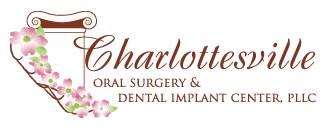26 Dec How to Determine if Dental Implants are Right for You
Do you have missing teeth? Do you wonder which tooth replacement method is right for you? Today, patients have more options than ever before and wading through these options can seem overwhelming - especially since new tooth replacement methods like dental implants are not as...
